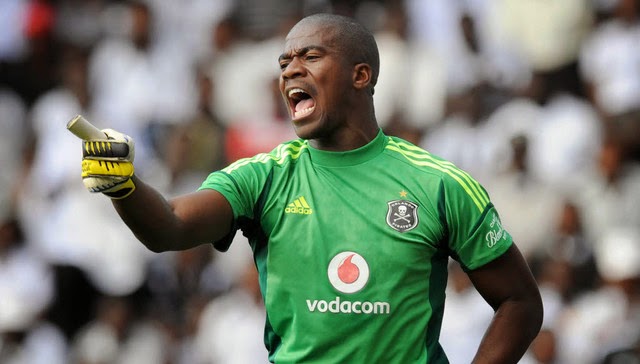Transforming SADC through fair technology transfer

Lazarus Sauti According to the World Economic Forum’s Global Competitiveness Report 2013-2014, African countries are poor at converting research into industry due to unfair technology transfer. Countries in the Southern African Development Community are also heavily affected. Sadly, this unfair technology transfer, according to William Bitton, an information officer in Zimbabwe, is hindering development in the region. “There is unfair technology transfer in SADC and as a result, member states are suffering. Furthermore, the culture of creating and protecting intellectual property as well as transferring it into industries is very weak in the region,” he adds. Bitton, therefore, urges SADC countries to convert research into industry as well as embrace technology transfer to effectively transform the region. “If technology transfer is managed well, it will enhance the productivity and competitiveness of the region. Countries must embrace technology transfer and u...


